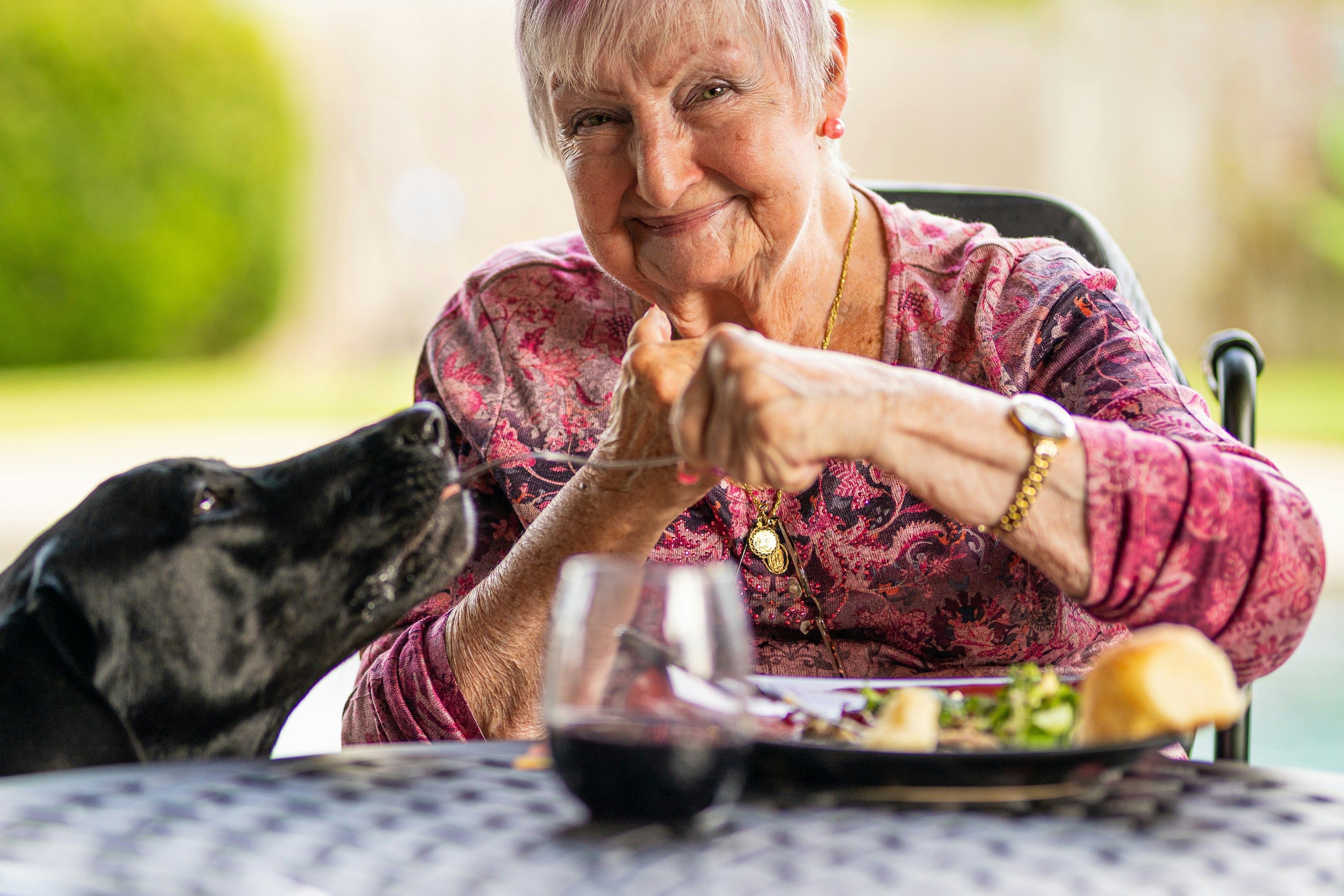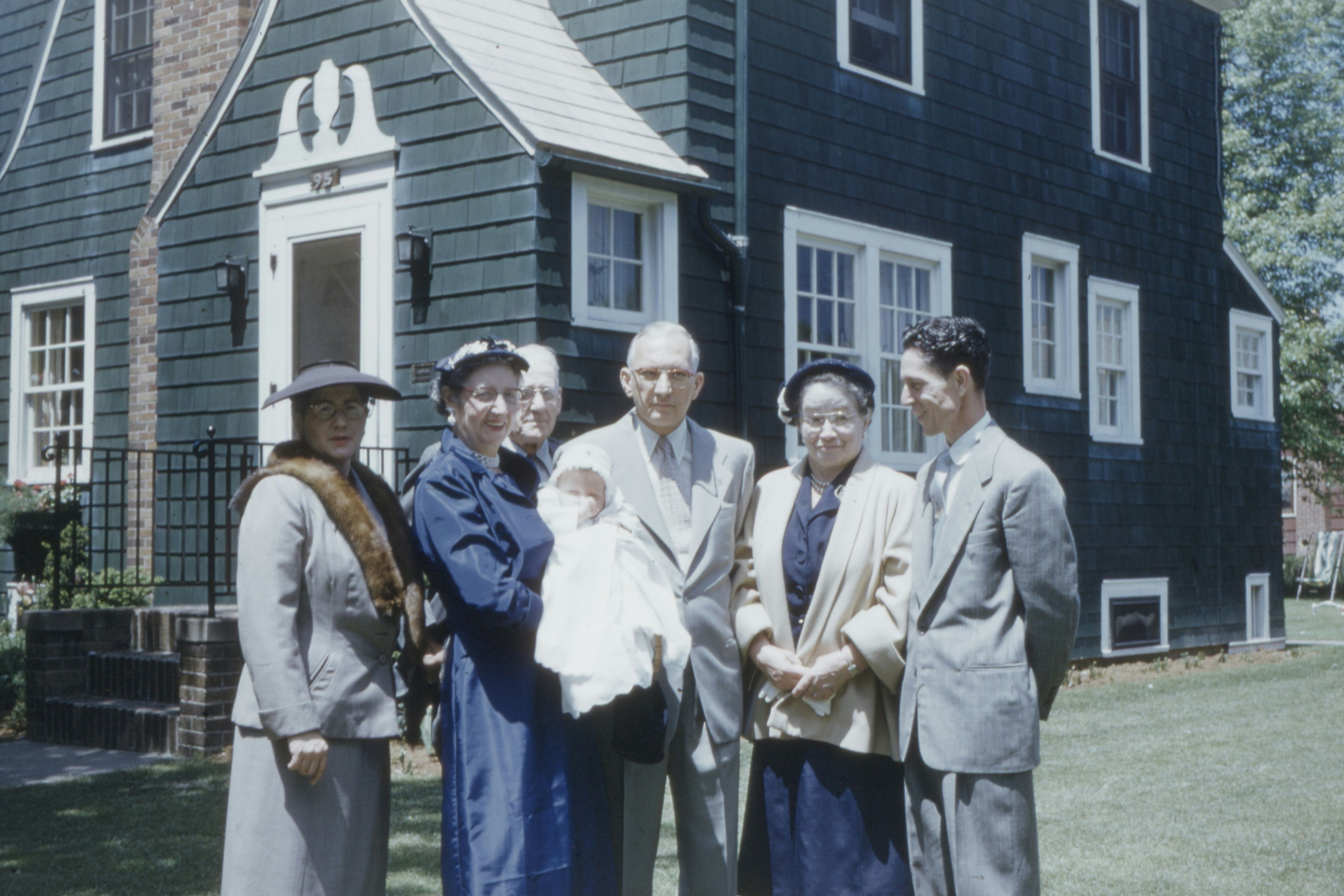
My Thoughts on "The Unspoken Grief of Never Becoming a Grandparent" Article In The NY Times
After reflecting on the conversation this article sparked, I’m ready to share my thoughts.
In November 2024, The New York Times published an article titled "The Unspoken Grief of Never Becoming a Grandparent." As expected, the responses were passionate and varied. Now, after reflecting on the conversation it sparked, I’m ready to share my thoughts.
The Changing Landscape of Grandparenting
Grandparenting has evolved significantly in recent years. Many adults are choosing not to have children, and even among those who do, the traditional role of a grandparent has shifted. In 2021, just over half of adults aged 50 and older had at least one grandchild—down from nearly 60% in 2014. With falling birthrates and an increasing number of adults deciding to remain child-free, many older adults find themselves facing unexpected and profound grief.
But what does this mean for those who once dreamed of becoming grandparents? How does this grief impact their relationships with their adult children?
The New York Times Article and the Response
The New York Times article shared several heartfelt stories from individuals grappling with the realization that they may never become grandparents. One story that stood out was Lydia Birk, 56, who had cherished the idea of reading The Velveteen Rabbit to her future grandchildren. Her children, however, have decided against having kids, leaving her mourning an experience she had always envisioned.
Not everyone was sympathetic to this grief. Rachel Varina, writing for Betches, challenged the narrative, arguing that many of these would-be grandparents had not fully reckoned with the generational trauma they passed down. She questioned why some parents mourn their hypothetical grandchildren while failing to nurture relationships with the children they actually raised. Her perspective resonated with many millennials and Gen Zers who are still unpacking inherited emotional baggage.
Why This Is Hard for Grandparents

For many parents, the hope of becoming a grandparent is deeply personal. As they age, they confront existential questions about their legacy and the purpose of their later years. Psychologist Maggie Mulqueen explains that this "shrinkage of time" can intensify feelings of loss and unfulfilled expectations.
Some parents internalize their children’s choices as a reflection of their own failures: Did I do something wrong? Did I raise them in a way that made them reject family life? Additionally, our culture often frames parenting as a means to an end—raise children, get grandchildren. When life doesn’t follow that trajectory, the loss can feel particularly acute.
Why This Is Hard for Adult Children
On the other side, adult children face their own set of challenges:
- Balancing autonomy and family expectations – Many wrestle with the question: What responsibility do I have to my parents' happiness?
- A changing world – Economic instability, climate concerns, and shifting social norms make parenthood less appealing or feasible for many millennials and Gen Zers.
- Emotional baggage – Some feel pressure to "give" their parents grandchildren despite unresolved familial tensions. The expectation can feel like yet another demand rather than a natural life decision.
For many, the decision not to have children is about reclaiming agency over their own lives, not rejecting their parents.
How This Strains Parent-Child Relationships
Dr. Mulqueen notes that when parents conflate personal disappointment with disappointment in their children, it can create significant strain. Adult children may feel obligated to make their parents happy, leading to resentment and frustration. This can drive a wedge between generations, making communication even more difficult.
Coping Strategies for Those Who Wanted to Be Grandparents
If you’ve always dreamed of being a grandparent but find that won’t be your reality, know that your feelings are valid. It’s painful to lose a vision of the future you cherished. But there are ways to navigate this grief in a healthy way:
- Acknowledge your feelings – It’s okay to mourn. However, try to process your emotions with a therapist, partner, or friends instead of placing the burden on your adult children.
- Find alternative ways to connect with younger generations – Volunteering, mentoring, or engaging in community programs can be fulfilling.
- Consider whether you're idealizing grandparenthood – The fantasy may not align with reality. Many grandparents experience strained relationships with their grandchildren, or they find the role more demanding than they expected.
- Support your child’s choices while honoring your own emotions – Two things can be true: You can grieve not having grandchildren and still respect your child's decision.
What Adult Children Can Do
If you’re an adult child facing parental disappointment over this issue, here are some ways to navigate it:
- Communicate honestly but kindly – Acknowledge your parent’s feelings while standing firm in your decision.
- Don’t take responsibility for their emotions – Their happiness is not yours to manage.
- Leave room for your own changing feelings – If you’re undecided about having children, avoid definitive statements that might put undue pressure on yourself.
Calling Home Can Help
There’s no easy answer to this dilemma, but at its core, it’s about mutual respect and understanding. Parents must accept that their children’s lives are their own, and adult children should approach their parents’ grief with compassion—even if they don’t change their minds.
Breaking generational cycles is challenging, but open and empathetic communication can go a long way in preserving relationships despite differing life choices.
At Calling Home, we understand that generational differences and unresolved grief can drive a wedge between adult children and their parents. It doesn’t have to be this way. You deserve healthy relationships and a space to process your grief. Join The Family Cyclebreakers Club today and find a path forward for you and your parent.